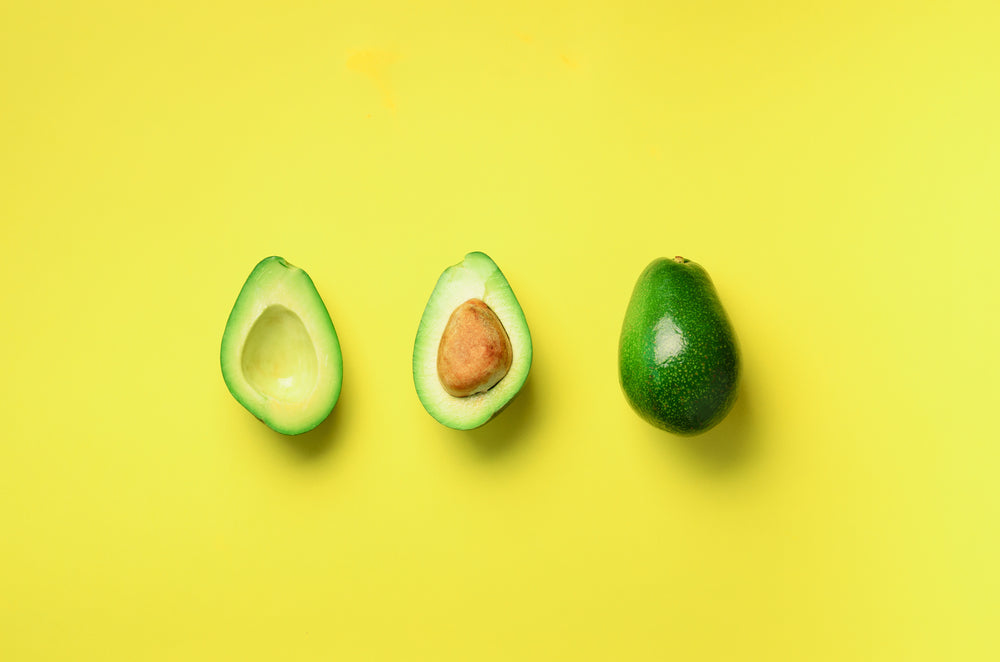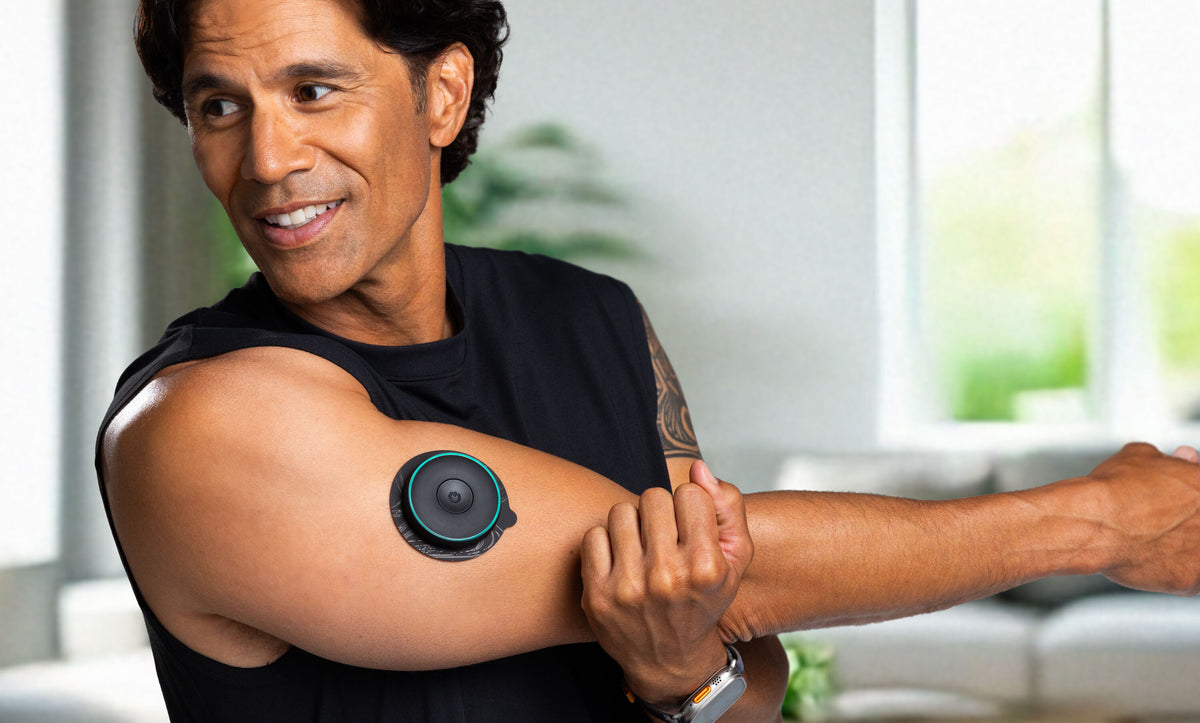There’s always a new trendy diet:1 Weight Watchers suggested “eating management” instead of dieting, the Paleolithic Era reminded us of the caveman diet, vegetarianism was a thing (and still is), Dr. Atkins convinced us that fat is no foe, sugar became the biggest evil of all evils, animal lovers pushed veganism, and Dr. Wilder proposed that ketosis is the way to go. These people make these diets sound so good that even if we didn’t need to lose weight we went on their diets because they said it would change our whole world. Unfortunately, sometimes their diets didn’t change anything. With all these new, seemingly-amazing diets, how do we know what will actually help us healthily lose weight and what diets people are trying to push for their own gain? Well, let me tell you a few more things about the newest trend—the keto diet.2
I’m not going to say you should or shouldn’t do this diet. I’m going to tell you the potential risks of the diet and what you can do to avoid them, because you and your doctor should decide whether or not the keto diet is good for you.
What is ketosis?
The keto diet3 convinces your body to use a different type of fuel than it usually does. Your body usually relies on glucose from carbohydrates like fruits, vegetables, grains, and legumes. With the keto diet, your body relies on ketone bodies, a fuel produced from the stored fat in the liver. Because of this, on the keto diet your body is burning fat, making this diet the perfect way to lose weight. In order to reach the burning fat state, also known as ketosis, you have to eat fewer than 20 to 50 grams of carbohydrates per day. Eating so few carbs is harder than you think, not because you’ll crave them but because even one medium apple contains 25 grams of carbs. What’s interesting is the keto diet can also cause some people back pain. But there are ways to prevent the negative effects of the keto diet.
What is happening if you have back pain on the keto diet?4
Back pain is tricky. If you aren’t a doctor, it can be hard to tell if your pain is coming from sore muscles or from a condition inside your body. If you start the keto diet and develop back pain, you might have developed kidney stones. Kidney stones develop from the keto diet for four reasons.
The first reason is the high amounts of animal protein in the diet. Foods like butter, eggs, and pork (some keystones of the keto diet) can increase uric acid and lower citrate while increasing oxalate. What in the wide wild west does that mean? Less citrate prevents stones, but more oxalate creates stones, kidney stones (so it’s not good).
The second reason kidney stones develop from the keto diet is that the animal protein increases the amount of acid in the urine, increasing your chances of kidney stones. High levels of ketones in your blood can also make your urine acidic.
The third reason is nuts, literally. Chances are, on the keto diet, you will eat a lot of nuts because they are high in fat. Nuts increase the oxalate in your blood which increases, again, your chances of kidney stones.
The fourth reason the keto diet causes kidney stones is that excessive uric acid from animal protein can cause dehydration, increasing your chances for kidney stones.
Where would my back pain be if I have kidney stones?
The keto diet can cause back pain in the form of kidney pain. Pain from kidney issues is located on both sides of the body near the top of the abdomen where the kidneys are located. Pain from a kidney infection or kidney stones can also be felt in the upper back. And it’s hard to tell if your pain is from your kidneys or your muscles. The back pain from kidney problems is constant; changing positions while sleeping doesn’t help with the pain. It seems like the pain is there no matter what you try to do.
How do you fix your kidney stones caused by the keto diet?
Drink lots and lots and lots of water. One of the best ways to stop kidney pain or to prevent kidney stones is to stay hydrated. Also consider adding lemon to your water while you’re on the keto diet. Lemon5 will prevent uric acid to build up in the kidneys, keeping you healthy while on the keto diet.
Don’t be a carnivore. You can go on the keto diet without eating only meat. And you should eat more than just meat on the keto diet because otherwise it is going to cause a lot of problems for you. Instead, eat your greens and cauliflower. Low-carb vegetables are a nice replacement for meat in some meals.
Take potassium supplements. Bananas are actually a high-carb food. One medium banana has about 27 grams of carbs, which is why it is hard to eat them while on the keto diet, but taking a potassium supplement instead (while you’re on the keto diet) will help you prevent kidney stones and therefore can help lessen your pain.
Drink kidney bean broth for your kidneys. I’ve always thought that there must be a reason kidney beans were called just that—kidney beans. Apart from the fact that they look like kidneys, kidney beans can help break down and eliminate kidney stones that have already formed. It’s even better to take the broth from cooked kidney beans, and drink it to help improve your kidney and urinary health and break down those kidney stones. It might be kind of gross, but it will be worth it when you don’t have to pass kidney stones.
Again, I’m not saying do or don’t do the keto diet. I’m just saying that if you do it, make sure your doctor thinks it’s right for what your body needs. And make sure you do it correctly.
Sources:
- https://www.latimes.com/health/la-he-diet-timeline-20150228-story.html
- https://www.healthline.com/nutrition/ketogenic-diet-foods#section2
- https://www.health.harvard.edu/staying-healthy/should-you-try-the-keto-diet
- https://ketoconcern.com/keto-kidney-pain/
- https://www.drberg.com/blog/why-lemons-are-essential-on-a-ketogenic-diet








